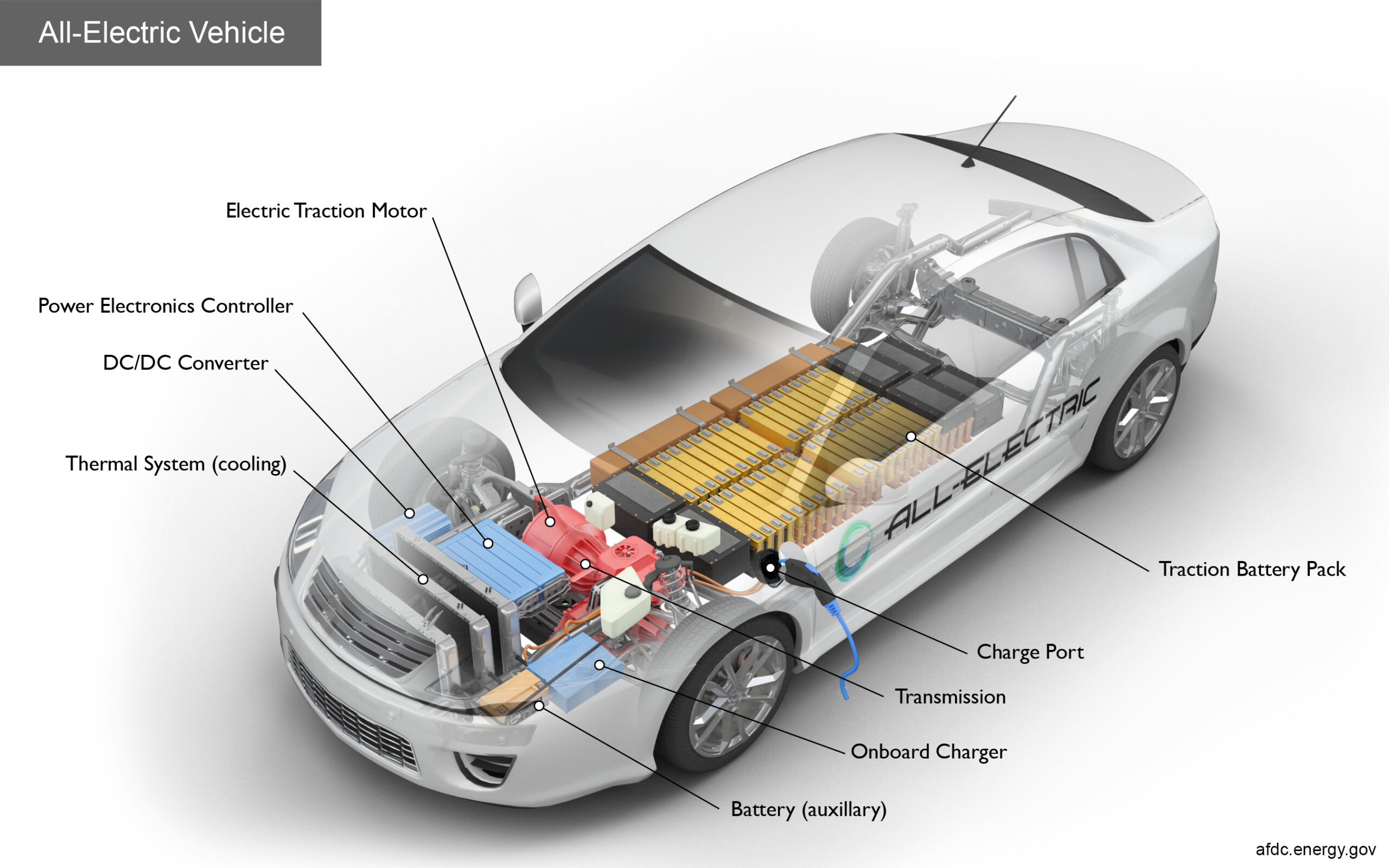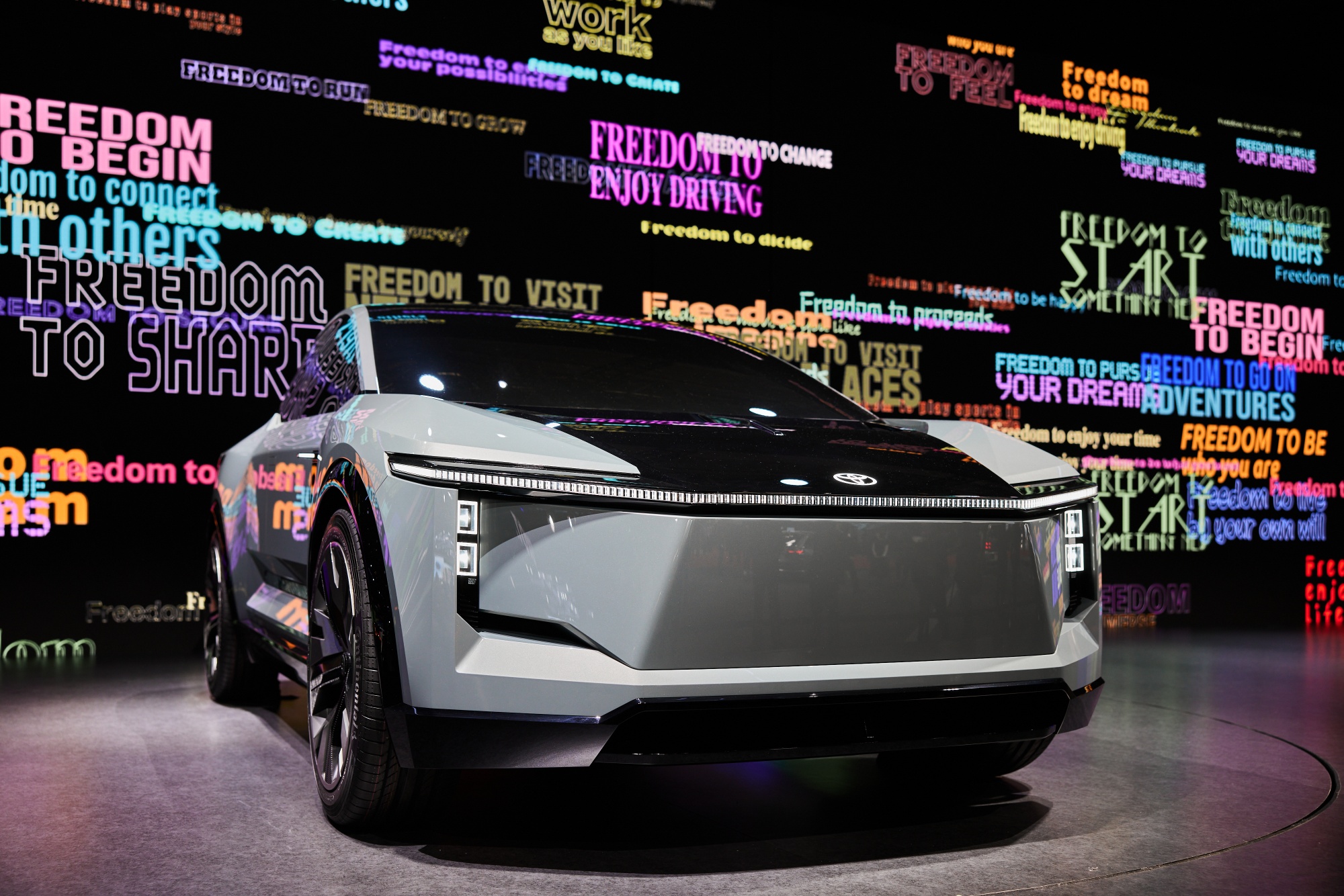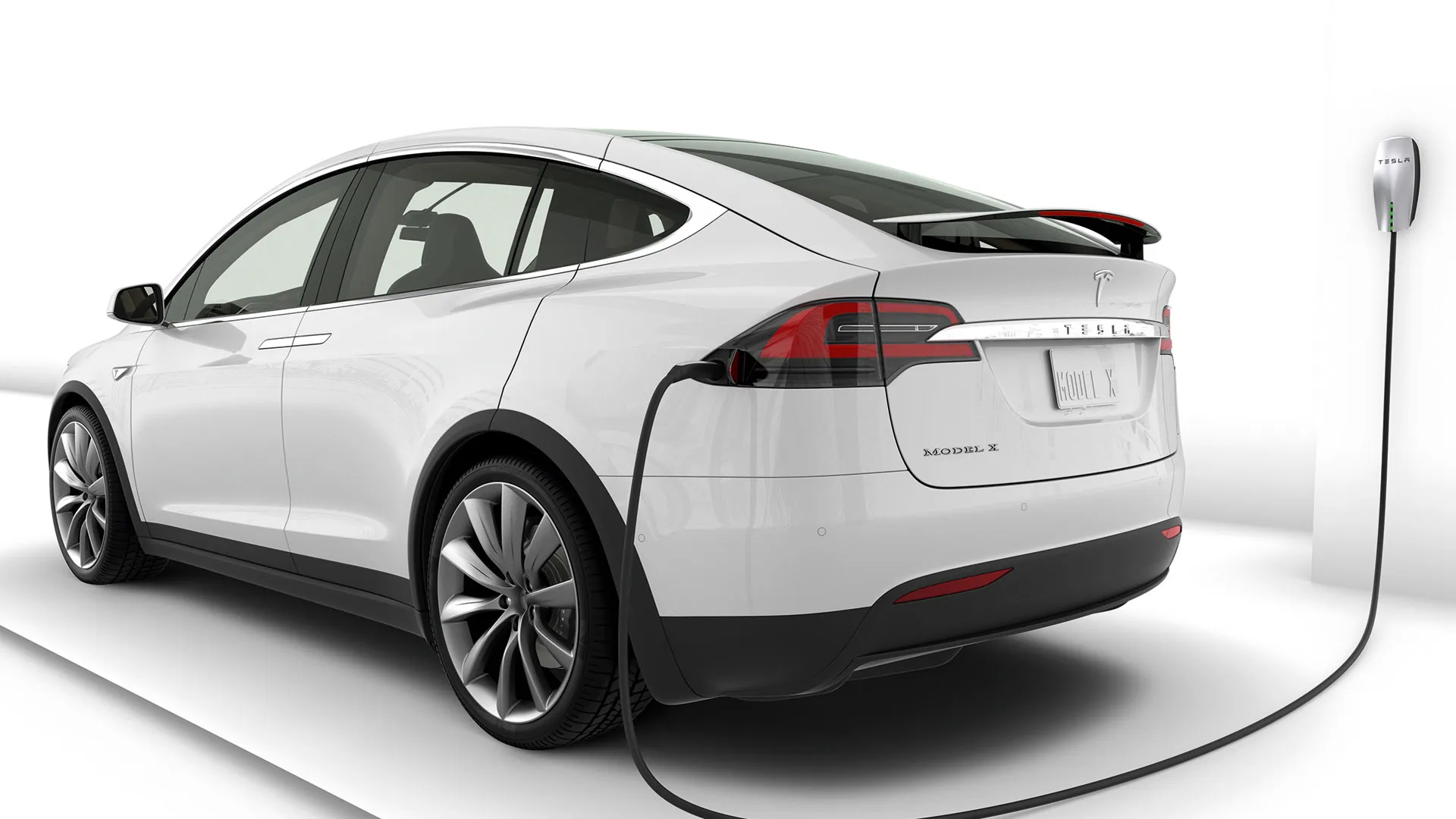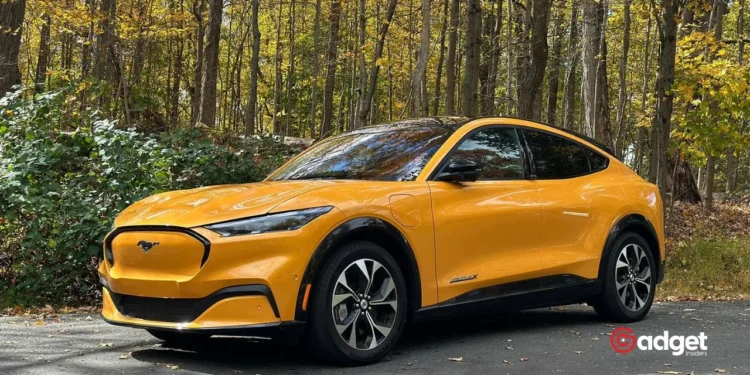In a significant development, the Biden administration has introduced a degree of flexibility for automakers grappling with stringent sourcing requirements under the Inflation Reduction Act (IRA). The latest guidance issued grants car manufacturers a two-year exemption from certain provisions that have proved to be a thorn in the industry’s side, particularly those concerning the sourcing of battery minerals from countries deemed as “foreign entities of concern” (FEOC), which include China, Russia, Iran, and North Korea.

Critical Minerals and Their Impact on EV Manufacturing
The exemption specifically targets minerals that are challenging to trace, such as graphite, primarily sourced from China. This reprieve will last until 2027, allowing automakers to bypass the restrictions on these particular materials temporarily.
However, the exemption does not extend to all minerals. Starting January 2025, restrictions will tighten around more commonly used minerals like lithium, nickel, and cobalt.
Vehicles utilizing these minerals from China, for instance, will no longer qualify for the $7,500 tax credit, signaling a significant shift in policy application.

John Bozzella, CEO of the Alliance for Automotive Innovation, articulated the industry’s concerns, stating, “Imagine an EV that complied with all IRA eligibility requirements but is kicked out of the program because of a trace amount of a critical mineral from an FEOC?
That makes no sense – especially when you consider the massive investments automakers and suppliers are making in domestic EV manufacturing.” This sentiment underscores the broader implications of these rules on the automotive sector’s transition to electric vehicles.
Biden grants automakers some flexibility on battery minerals in final EV tax credit rules https://t.co/3LDwhAvmkW
— The Verge (@verge) May 3, 2024
Biden Administration: Challenges and Adaptations
Despite the temporary easing of some regulations, the final rules are expected to narrow down the list of vehicles that qualify for the tax incentives. Currently, of the 114 EV models available in the U.S., only 13 qualify for the full $7,500 credit, with an additional nine eligible for a partial credit of $3,750.
The stringent eligibility criteria also encompass price caps and manufacturing locales, requiring EVs to be made in North America with a maximum price of $55,000 for sedans and $80,000 for SUVs or trucks.
The Treasury Department also highlighted the popular provision allowing dealerships to offer the credit as an instant rebate at the point of sale, which has benefited over 100,000 customers this year alone.
Leasing remains a lucrative avenue for consumers, with leased vehicles eligible for the full tax credit, irrespective of the battery’s mineral origin or manufacturing location, due to their classification as commercially owned vehicles.

Looking Ahead: EVs and the Shift from Foreign Dependencies
The policy adjustments come as part of the Biden administration’s broader climate change strategy, which aims to bolster EV adoption while reducing dependency on foreign supply chains, particularly from China.
This strategic pivot is prompting significant investments in domestic manufacturing and mining capabilities. However, as these new facilities are yet to become operational, automakers face uncertainties, exacerbated by cooling demand in the EV market.
This landscape poses both challenges and opportunities for the U.S. automotive industry as it navigates the complexities of transitioning to electric vehicles amidst fluctuating policies and market conditions. The industry’s ability to adapt to these changes will be crucial in shaping its path forward in an increasingly electrified automotive world.









